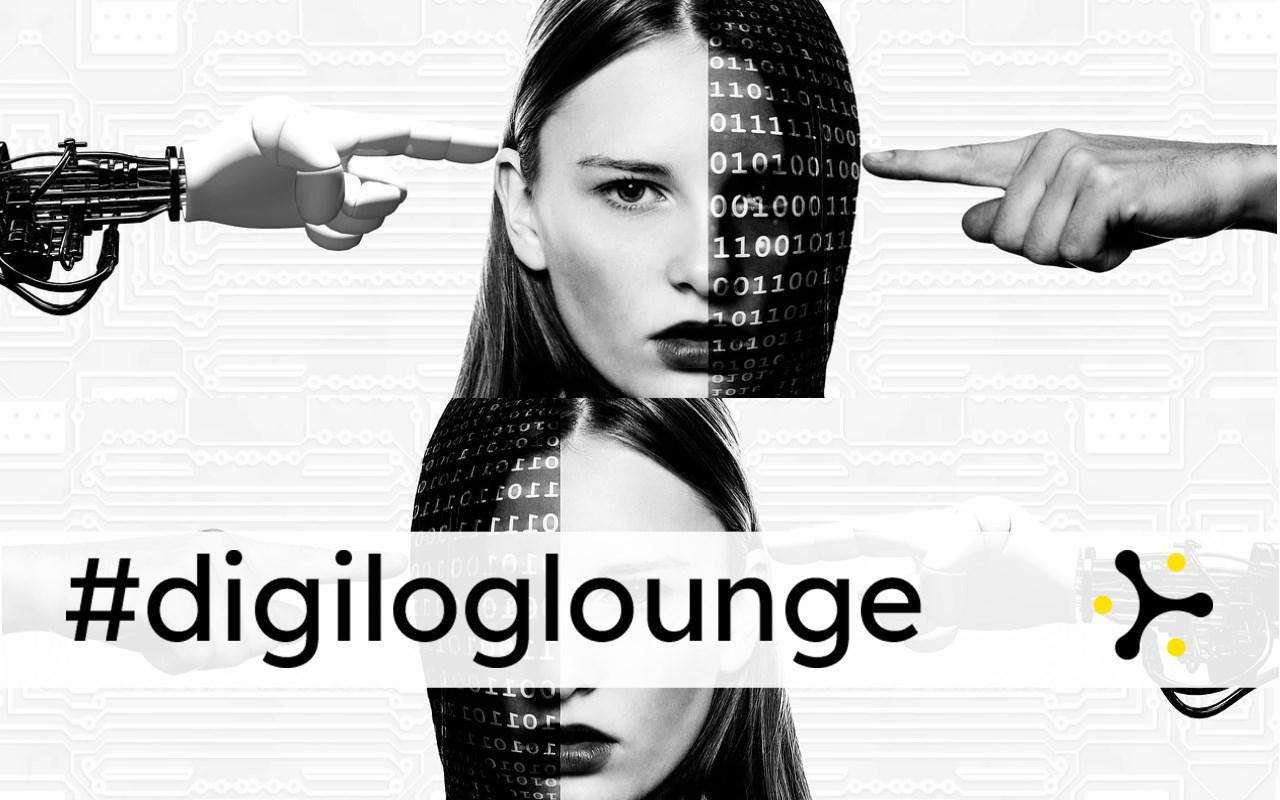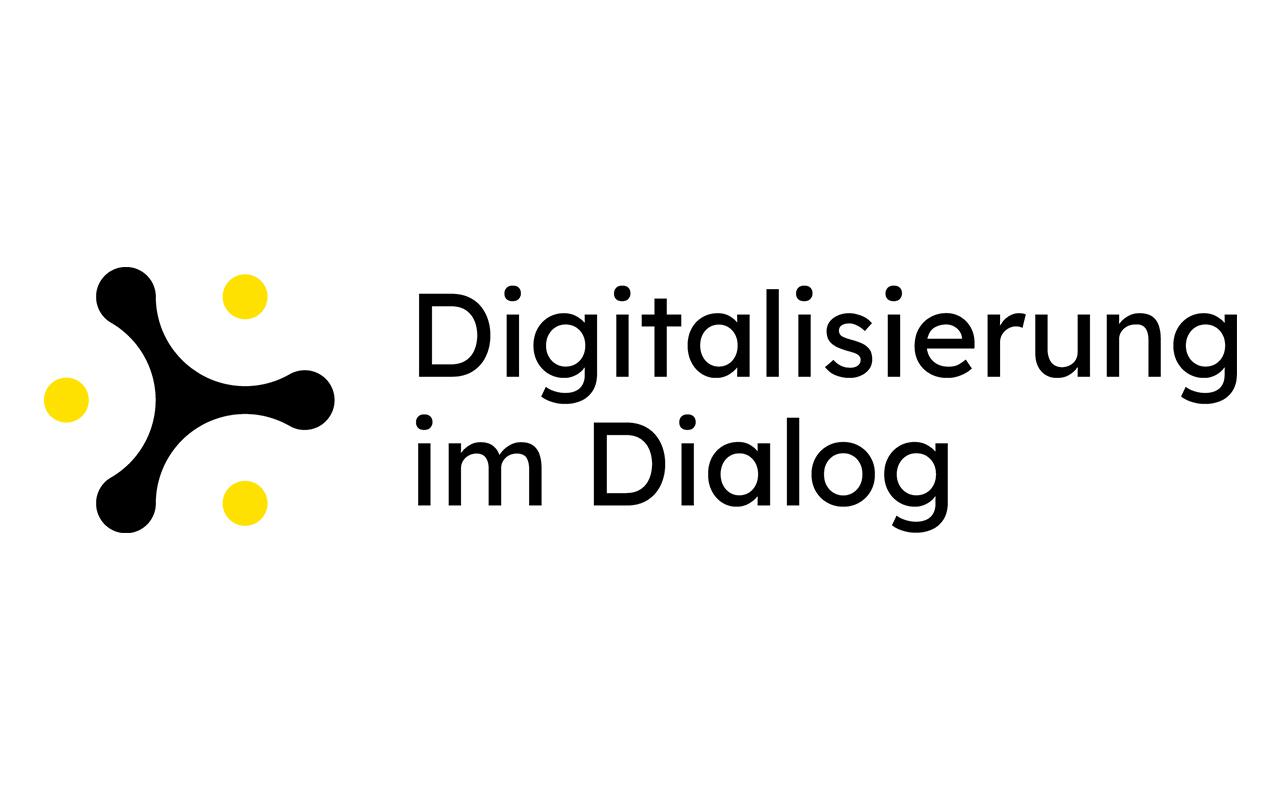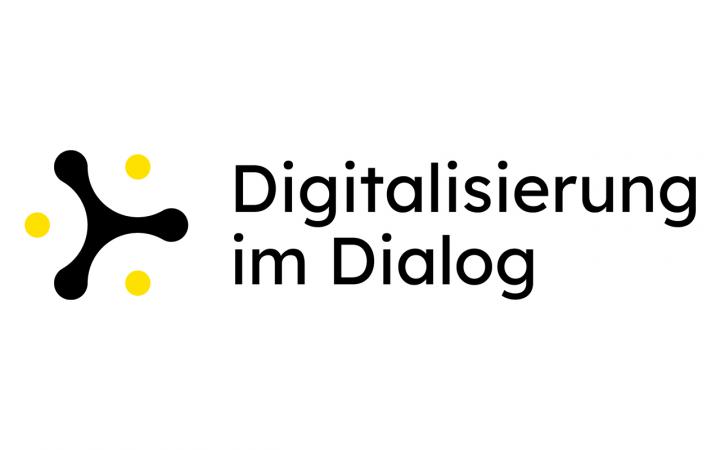
As part of the discussion series »Digiloglounge Digital«, Sabine Faller talks to experts PD Dr. Jessica Heesen and Maria Pawelec about »Deepfakes«!
Deepfakes, or synthetic audio-visual media, are currently spreading rapidly. Advances in the field of artificial intelligence (AI) mean that images, videos and audio files can be manipulated or even synthetically generated with ever less effort, even by technology laypeople, and are increasingly difficult to detect with the naked eye.
Such deepfakes are used in a wide variety of contexts and often arouse great fears. The debate mostly revolves around their damaging potential for politics: as a new form of fake news and disinformation, deepfakes can undermine democratic elections, discredit political opponents, or even trigger intra- and interstate conflicts. The talk takes up these fears and discusses, on the basis of current case studies, how great the danger posed by deepfakes is for democracy. At the same time, however, it also sheds light on the opportunities in the political sphere: deepfakes for satire and parody, political campaigns, art and activism can strengthen democratic debate and will formation.
In addition to politics, the talk also takes a look at other fields of application of deepfakes. Deepfakes are particularly frequently used for non-consensual and revenge pornography. Such fake porn massively violates the personal rights of the victims and causes profound psychological damage. Since the victims are almost exclusively women, fake porn threatens the social equality of women in a digital society. In other fields, however, deepfakes offer great opportunities, for example for the economy. Here, the talk places a special focus on the ethically controversial »resuscitation« of deceased persons through deepfakes.
So how great is the danger posed by deepfakes, and what opportunities do they offer? The talk will address these questions and then discuss possible societal responses.
The event is part of the #digiloglounge discussion series. Once a month, experts from digilog@bw will give an insight into their digital research topics and answer questions in the video livestream!
The event is accompanied by the telegram group zkm_digiloglounge. We cordially invite you to ask questions in the chat of the group or to join the discussion via our Twitter @digilogbw!
Note: In order to join the chat group you have to register with Telegram in advance. You can find instructions here.
PD Dr. Jessica Heesen is head of the research area Media Ethics and Information Technology at the International Center for Ethics in the Sciences and Humanities (IZEW) at the University of Tübingen. In her work, she is particularly concerned with philosophical issues and ethical conflicts in the field of media and digitization. This includes problems of freedom of expression in social media as well as questions about a value-oriented development of artificial intelligence. She is the author of numerous publications on media, technology and security ethics, including the Handbook of Media and Information Ethics. Jessica Heesen is head of the IT Security and Privacy, Law and Ethics WG of the BMBF/Acatech platform »Learning Systems – The Platform for Artificial Intelligence«, spokesperson in the joint project »Digitalization in Dialogue (digilog)« for the University of Tübingen and member of the BMBF Forum Privacy. She received her doctorate from the University of Stuttgart and her habilitation from the Karlsruhe Institute of Technology, where she was authorized to teach philosophy.
Maria Pawelec studied political and administrative science and European studies in Constance, Istanbul, Bath and Berlin. Afterwards, she worked in the thematic area »International Understanding Europe and its Neighbors« at the Robert Bosch Stiftung in Stuttgart. Since 2016, Maria Pawelec has been a research assistant in various media and technology ethics projects at the International Center for Ethics in the Sciences and Humanities (IZEW) at the University of Tübingen. In 2016-2019, she worked on the project »Ethical Implications of IT Export to Sub-Saharan Africa (ELISA)«. Additionally, she supported the Privacy Arena project and coordinated the preparation of an expert report on behalf of the German Bundestag on observation technologies. In 2020, she worked on the project »Technology innovation: social science and ethical analyses on governance (TANGO)«. Since 2021, Maria Pawelec has been researching the topic of »Ethical and social implications of 'deepfakes' and opportunities for their regulation« in the project »Digitization in Dialogue (digilog@bw)«.
Sabine Faller is a research associate in the department of museum communication at ZKM | Karlsruhe. Her focus is on the conception and implementation of workshops, projects and educational programs in the fields of media art, digital education as well as online learning - currently for the research project »Digitalization in Dialog – digilog@bw«.
- Website
- The event via live stream
- Credits
- Sabine Faller (Moderation)
- Organization / Institution
- ZKM | Center for Art and Media
Accompanying program
-
- Thu, October 13, 20227 pm
- Shaping Digital Futures
-
Symposium
Medientheater
-
- Thu, September 29, 20226 pm
- Coping with memes
-
Workshop
Online
-
- Thu, August 18, 20226 pm
- #meetdigilog
-
Online
-
- Mon, July 25, 20226 pm
- #meetdigilog
-
Talk
Online
-
- Thu, June 30, 20226 pm
- #meetdigilog
-
Talk
Online
-
- Sun, June 19, 202211 am
- Busted! Tricks surveillance algorithms
-
Workshop
Online
-
- Thu, May 19, 20226 pm
- #meetdigilog
-
Talk
Online
-
- Wed, May 04, 20227 pm
- Wikipedia: Who writes his_tory?
-
Workshop
Online
-
- Wed, April 27, 20226 pm
- #meetdigilog
-
Talk
Online
-
- Thu, March 31, 20226 pm
- Talking about cancer online?
-
Talk
Online
-
- Thu, December 02, 20215.30 pm
- »Fake it till you make it« – Fake reviews on Jameda, Yelp and Co.
-
Talk
Online
-
- Mon, November 22, 2021
- LehrerInnenfortbildung
-
Workshop
Online
-
- Thu, November 18, 20215 pm
- »Alexa, explain the world to me!«
-
Talk
Online
-
- Mon, October 18, 2021
- LehrerInnenfortbildung
-
Workshop
Online
-
- Thu, October 14, 20215 pm
- Digiloglounge Digital
-
Online
-
- Thu, October 07, 20215.30 pm
- #meetdigilog
-
Talk
Online
-
- Thu, September 30, 20215 pm
- Digiloglounge Digital
-
Online
-
- Sat, September 25, 20214.30 pm
- TOTAL GAIA – Digital
-
Workshop
Online
-
- Thu, September 23, 20215.30 pm
- #meetdigilog
-
Talk
Online
-
- Wed, September 08, 202110 am
- Starke Bilder im Netz: Message mit Memes! – digilog@bw
-
Workshop
Online
-
- Thu, August 26, 20215.30 pm
- #meetdigilog
-
Talk
Online
-
- Sat, June 26, 20214 pm
- Trust me! – digilog@bw
-
Workshop
Online
-
- Thu, June 24, 20215 pm
- Digiloglounge Digital
-
Talk
Online
-
- Fri, June 18, 20214 pm
- Wellbeing at Home – digilog@bw
-
Workshop
Online
-
- Mon, June 14, 20216 pm
- Artivism on the net
-
Workshop
Online
-
- Sat, May 29, 20214 pm
- Feminism and Memes – digilog@bw
-
Workshop
Online
-
- Thu, May 27, 20215.30 pm
- #meetdigilog
-
Talk
Online
-
- Sat, May 22, 20213 pm
- Wellbeing at Home – digilog@bw
-
Workshop
Online
-
- Thu, May 20, 20215 pm
- Digiloglounge Digital
-
Online
-
- Mon, May 10, 20216 pm
- Artivism on the net
-
Workshop
Online
-
- Sat, April 17, 20214 pm
- Faking News Factory – digilog@bw
-
Workshop
Online
-
- Thu, April 15, 20215.30 pm
- #meetdigilog
-
Online
-
- Mon, April 12, 20216 pm
- Artivism on the net
-
Workshop
Online
-
- Thu, April 08, 20215 pm
- Digiloglounge Digital
-
Online
-
- Thu, March 25, 20215.30 pm
- #meetdigilog
-
Online
-
- Sat, March 20, 20214 pm
- Digital Feeling
-
Workshop
Online
-
- Thu, March 18, 20215 pm
- Digiloglounge Digital
-
Online
-
- Mon, March 08, 20216 pm
- Artivism on the net
-
Workshop
Online
-
- Thu, February 18, 20215 pm
- Digiloglounge Digital
-
Online
-
- Thu, January 28, 20215 pm
- Digiloglounge Digital
-
Online
-
- Thu, December 17, 20205 pm
- Digiloglounge Digital
-
Online
-
- Thu, November 19, 20205 pm
- Digiloglounge Digital
-
Online
-
- Thu, October 15, 20205 pm
- Digiloglounge Digital
-
Online
-
- Thu, September 17, 20205 pm
- Digilounge Digital
-
Online
-
- Wed, September 11, 20197 pm
- dialog@bw
-
Medientheater

